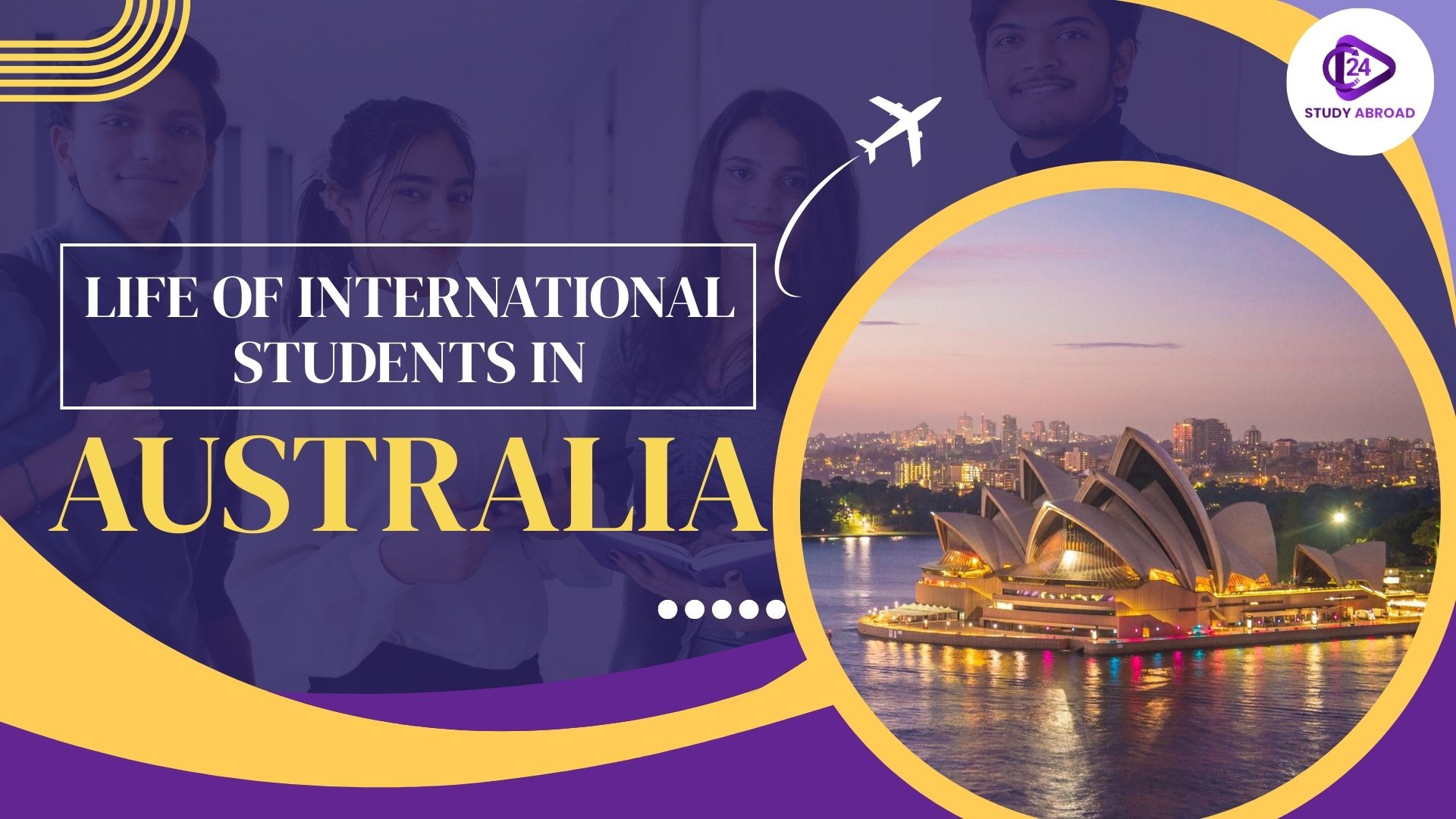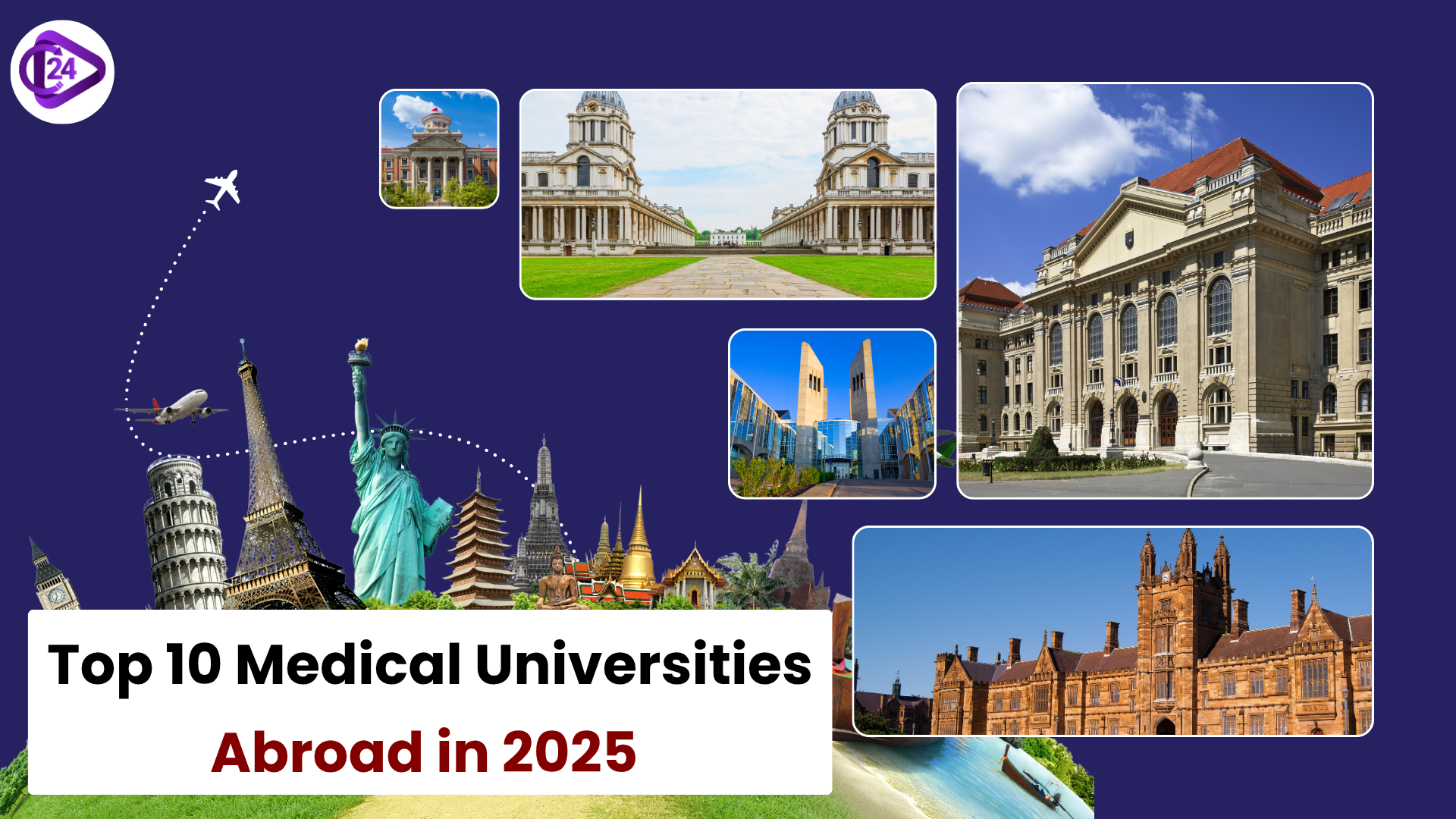Contact Us
Cast Your Eyes Upon Our Newest Article

Student Visa for Dubai 2026: Application Process, Eligibility, Cost, Work Rights & Latest Rules
Dubai has been quick to become a global education destination of choice for international students. Offering internationally recognised universities, industry-focused courses, innovative facilit...

Life of International Students in Australia: Cost of Living, Climate, Culture, Housing & Safety
Australia has emerged as one of the most desirable places of study to international students. Australia is a preferred location with world-class universities, globally recognised degrees, part-t...

Top 10 Medical Universities Abroad in 2025
In order to study medicine at a foreign university, it is possible to access high-quality training, advanced research, and a career at the international level. With the increasing needs of skill...

×

